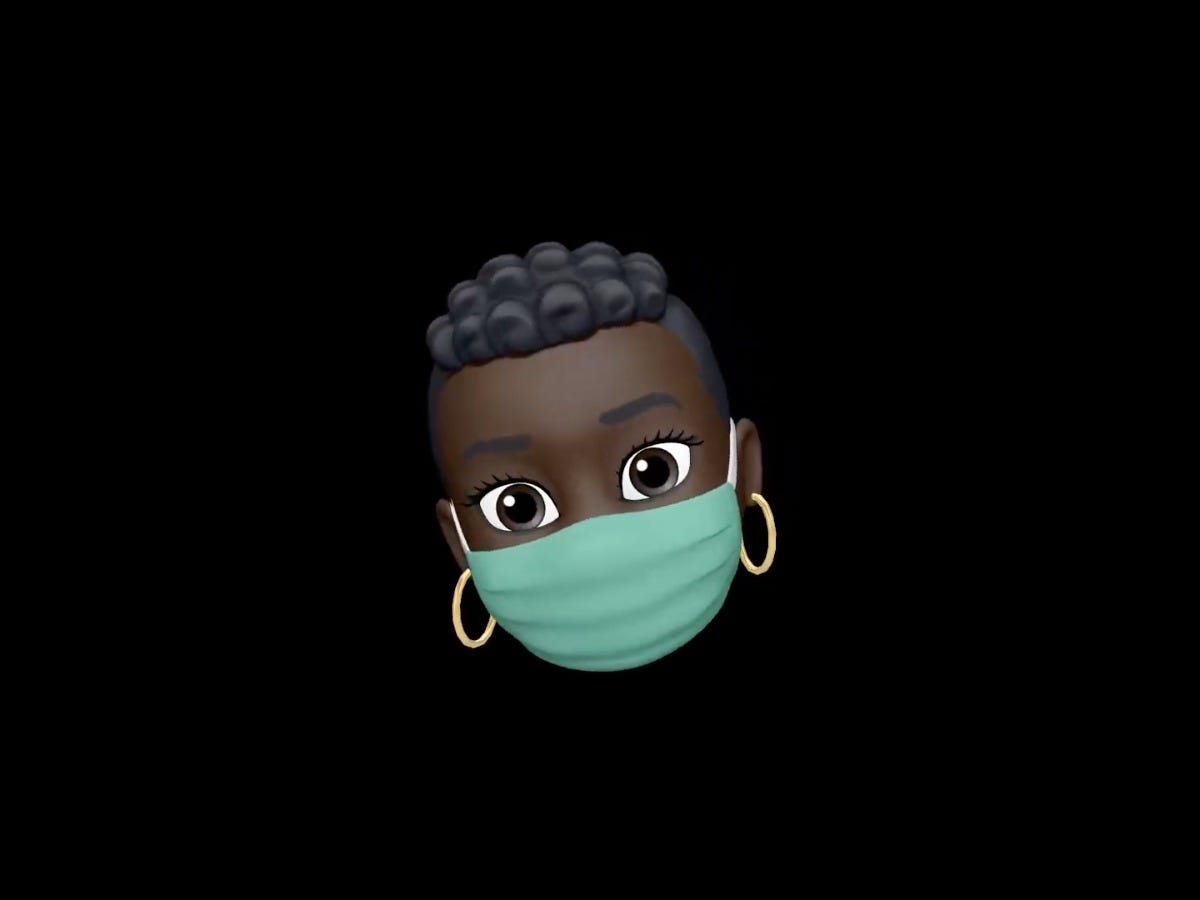- On Monday, Apple kicked off WWDC, its annual developer conference, where it debuted its next major iPhone update: iOS 14.
- With iOS 14, you’ll be able to add some more customizations to your Memoji, the personalized emoji of your face. You’ll be able to add a face mask to your Memoji.
- The face mask is a timely addition amid the coronavirus pandemic, since its become a staple accessory for people to wear to prevent the spread of the disease and is required in some places before entering indoor spaces and businesses.
- Visit Business Insider’s homepage for more stories.
If you own an iPhone, you’ll soon be able to add a face mask to your customized Memoji.
Apple revealed the newest software update to the iPhone, called iOS 14, on Monday at WWDC, its annual developer conference. Among a slew of new features, Apple announced that it was adding new customization options that would show your Memoji sporting a face mask.
The addition of a face mask is timely, given that they’ve become a staple accessory for millions as people attempt to prevent the spread of the coronavirus. People in some states – including California, where Apple is based -are required to wear face masks when in public. Many businesses have also instituted policies requiring customers to wear face masks in order to be served or allowed inside.
The Memoji feature was first introduced to the iPhone in September 2018, as part of iOS 12, as a way for users to create customized emoji of their faces – similar to Bitmoji on Snapchat. Memoji live inside of the iMessage app and can be used to send silly videos and stickers to friends, as well as customize the profile you share with other iOS users. They can also be shared beyond Apple’s messaging service.
On Monday, Apple announced that it was adding three new Memoji stickers to send to users on iMessage: a fist bump, a virtual hug, and blushing. Memoji can also now be created and edited on Mac computers.
Apple also announced another coronavirus-themed feature: hand-washing detection for the Apple Watch.
Apple has yet to set a launch date for iOS 14, but it typically releases the new software sometime in the fall alongside new iPhones.

